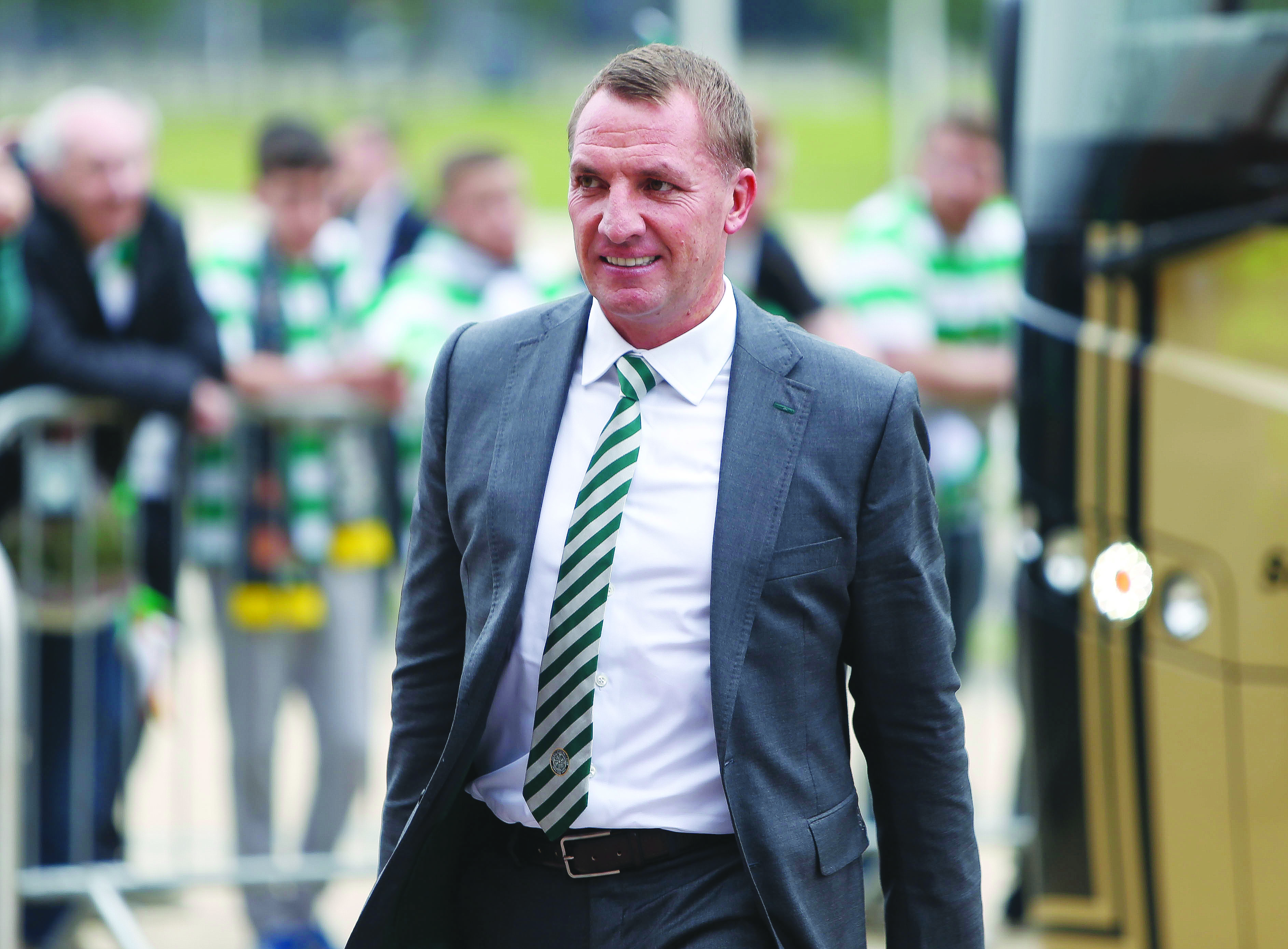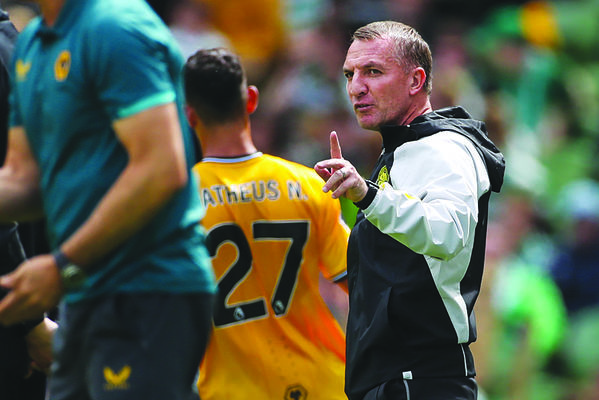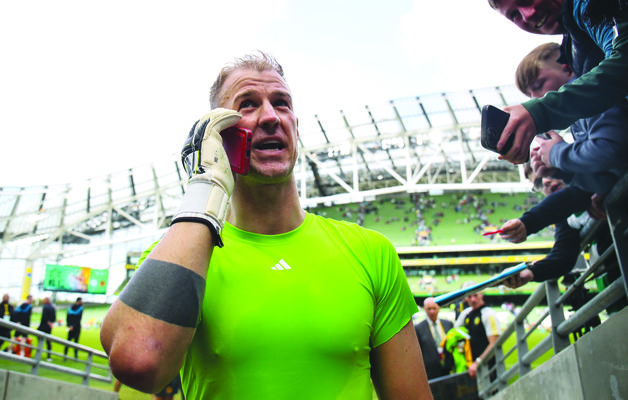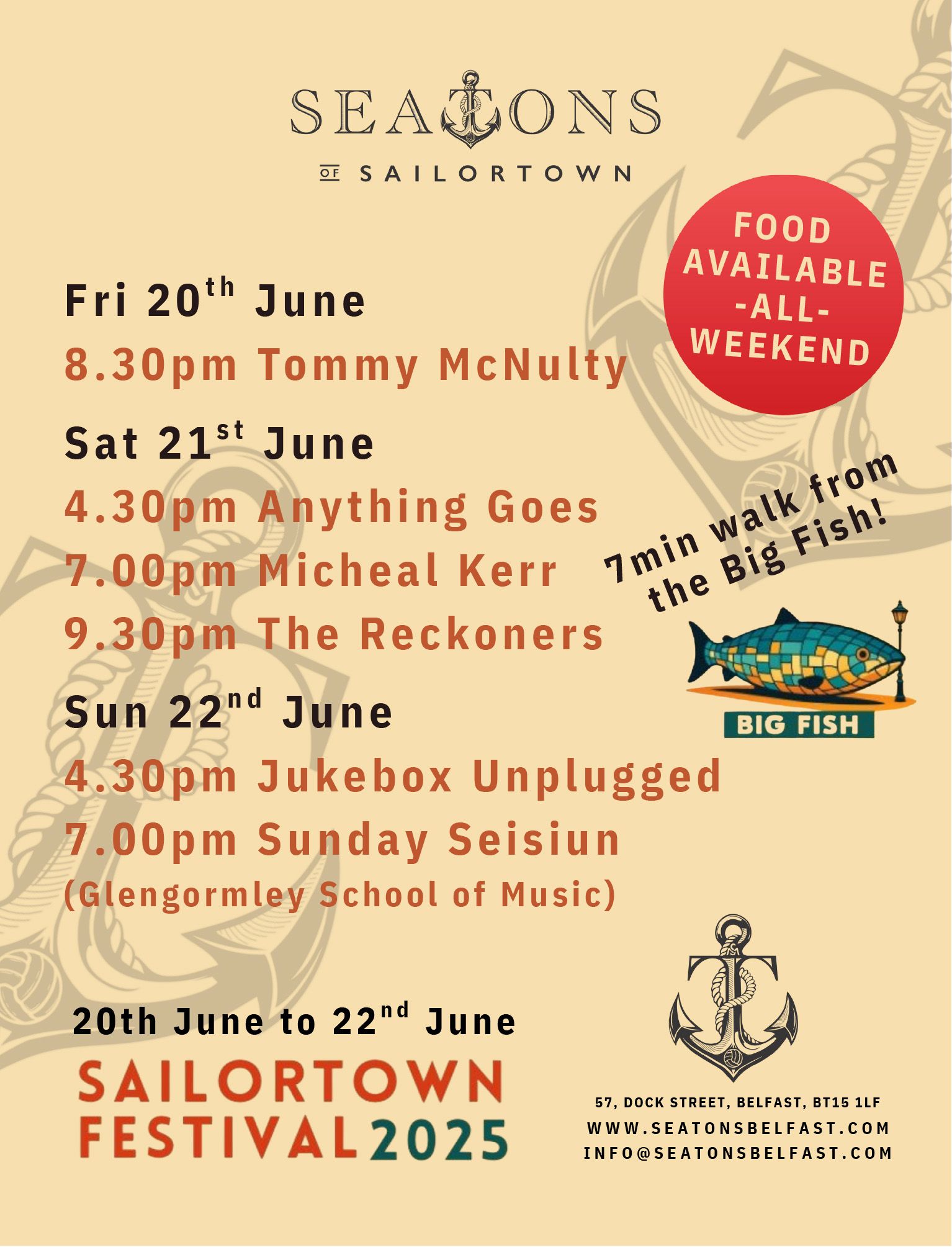THE prodigal son has returned – Brendan Rodgers is once again the manager of Celtic.
Whether you’re in favour of this or not, his reappointment was undoubtedly the safest option as the Hoops strive to re-establish themselves as a Champions League club.
Sure, other names were in the frame - young, up-and-coming coaches such as Enzo Maresca (who, ironically, has landed the top job at Rodgers’ last club, Leicester), Kieran McKenna and Francesco Farioli, as well as more seasoned figures like David Moyes and Kjetil Knutsen, but Dermot Desmond has opted for someone who’s been there and done it and who virtually guarantees Celtic continued success.
For far too long, those in the boardroom viewed Europe merely as a ‘bonus’, content with domestic dominance and failing to set their sights beyond Glasgow.
However, from next year, the Champions League landscape is going to change, and Celtic stand to benefit from this revamp.
The 32-team group stage that has been in place for years will be gone for good, replaced by a single-league of 36 teams.
It won’t work in the way a traditional round-robin league does with every team playing each other. Instead, each team will play eight matches against a selection of sides of differing abilities - four at home and four away.
ESPN explained that Uefa is expected to split the 36 teams in to four equal pots. Each side will then play two teams from each pot, one at home and one away.
And with this comes an increase in the revenue, perhaps by even as much as 30 per cent. So if the club earns roughly £30m for the Champions League in its current format, from next year, that would be almost £40m.
With this in mind, and Desmond likely being blindsided by the departure of Ange Postecoglou, he knew it was it was crucial to make the right appointment.
Rodgers is an elite-level coach who has already achieved, from a domestic perspective, everything that’s available to Celtic. For his second run, he must now shift the focus towards elevating the team’s performance in Europe.
He has penned a three-year deal and is once again the highest-paid manager in Celtic’s history. On his return to Paradise, the 50-year-old said: “I am hugely excited by this great opportunity.
“When I was given the privilege of being asked to join the club again, it was a very simple decision for me and my family.
“We have enjoyed some great times at Celtic before and this will be my goal again, to deliver good football, ensure we have a team we all love to watch and ultimately bring more success to our fans.
“Ange has done some brilliant work across the last two years and I will be doing all I can to maintain Celtic’s momentum as we face into all our domestic and European challenges.
“We have a hugely impressive and talented group of players and staff at the club, and I am really looking forward to meeting up with them all and then getting straight down to work.”
As I’ve explained in previous columns, I’ve never been too bothered by how he left Glasgow in February 2019.
I understand the disappointment and frustration felt by many supporters, and it’s clear that the situation could have been better handled by all involved.
Rodgers should have been backed the previous summer, and instead of signing John McGinn, Fabian Schär and Timothy Castagne, penny-pinching and a lack of forward planning resulted in the recruitment of Youssouf Mulumbu, Filip Benkovic and Jeremy Toljan.
I’m not trying to make excuses for him, but at that point, he felt he had taken Celtic as far as he could and didn’t wish to continue under unambitious circumstances.
However, any skepticism or apprehension surrounding his return will quickly dissipate once he beats Rangers and makes an impact in the Champions League. Rodgers is back because he wants to be the Celtic manager.
Financially, he’s more than set for life, and if money were his sole motivation, he could have waited until the end of September to secure another job in the English Premier League once the managerial merry-go-round begins again.
I’ve debated with myself in thinking that after another year or two of success at Parkhead, he’s going to be back down the road at the first whiff of EPL cash. But he’s been there and done it.
He’s had the lower-end job at Swansea, the elite-level gig at Liverpool and the ‘punching-above-your-weight’ stint at Leicester.
Despite the disappointment in his final season at the King Power, Rodgers’ reputation isn’t tarnished and his standing in world football remains strong.
I’m not naïve enough to believe that he won’t leave Celtic again should another massive club make overtures, but I don’t envisage a repeat of what happened four years ago.
There’s too much on the line for Celtic.
Attention will now turn to recruitment, and with a reported budget of over £30m, Rodgers has the resources to bring in a number of quality players that must slot into the starting XI for the Champions League.
His dealings in the transfer market have been hit-and-miss over the years and it will be interesting to see how he gels with head of recruitment Mark Lawwell this summer.
Already the likes of Wilfred Ndidi and Daniel Amartey, who he managed at Leicester, have been linked with reuniting with their old boss. I’m putting this down to lazy paper talk for now, but it’s going to be a fascinating few months.
Life moves quickly in football, and weeks ago not many would have thought Postecoglou would be at Spurs, and Rodgers back in the Paradise hotseat.
This time around, though, he’s an improved manager with more strings to his tactical bow and has the hunger and motivation to excel in Europe.
Rodgers has already established a legacy at Celtic, with a double treble and an invincible treble to his name, but now he wants immortality. He certainly has the ability - let’s hope the club continues to share the same level of ambition.








